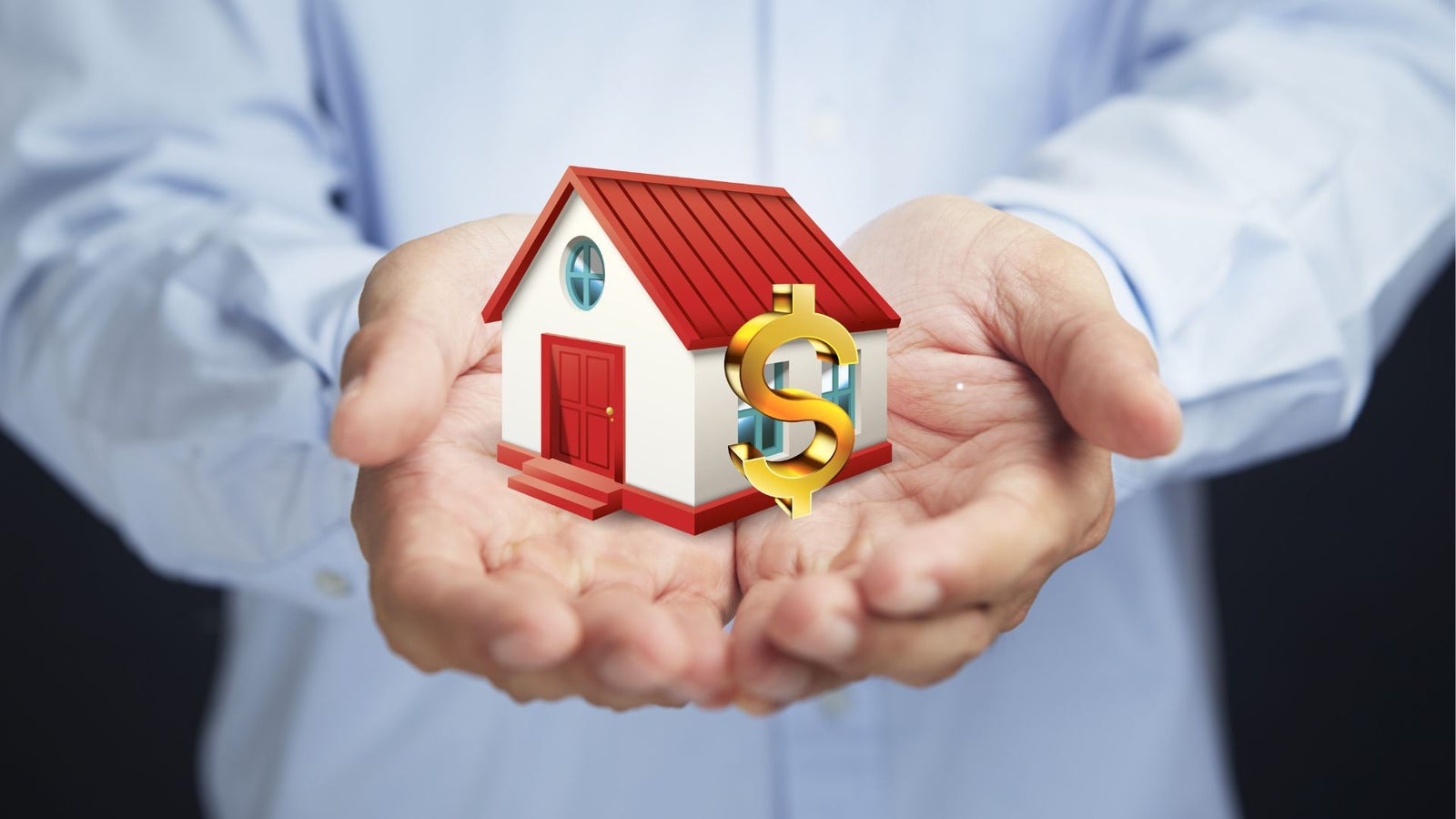
Selling your home is a major decision, and one of the most critical steps in the process is determining its market value. While it might be tempting to think of the price as a simple number tied to your emotions or what you “need to get,” the reality is far more structured. Realtors use specific methods to assess and determine the right price for your property. Here’s how we do it:
What is Market Value?Market value represents the price a buyer is willing to pay and a seller is willing to accept for a property under normal conditions. It’s not based on wishful thinking or sentimental value—it’s rooted in data, trends, and the unique characteristics of your home.
Comparative Market Analysis (CMA)
This is the cornerstone of property pricing. A CMA involves evaluating:
Recently Sold Homes: Properties similar to yours that have sold in the past 3-6 months provide a benchmark. These homes, called “comparables,” are carefully selected based on location, size, age, and features.
Active Listings: Current properties on the market show what your competition looks like. However, it’s important to note that active listings represent asking prices, not necessarily the final sale prices.
Location, Location, Location
Your home’s proximity to schools, shopping centers, parks, and public transportation can greatly impact its value. Realtors analyze the neighborhood trends and desirability to factor in how location influences price.
Buyers pay attention to details. A newly renovated kitchen, updated bathrooms, or energy-efficient systems can increase your home’s appeal. Conversely, a property requiring significant repairs or upgrades may lower its value. Realtors conduct a detailed assessment of your home’s condition and compare it to similar properties to refine the price.
The broader real estate market plays a significant role in pricing:
Is it a Buyer’s or Seller’s Market? In a seller’s market, with low inventory and high demand, your property could fetch a higher price. In a buyer’s market, where inventory exceeds demand, competitive pricing becomes crucial.
Square Footage and Usable Space
The price per square foot is a standard metric, but usable space often matters more. Finished basements, outdoor living areas, and functional layouts can make a difference in pricing.
Overpricing or underpricing your home can have serious consequences:
Overpricing: While it might seem like a good strategy to leave “wiggle room,” an overpriced home often sits on the market longer, making buyers skeptical. You might end up reducing the price later, which can weaken your position.
Trust the Process
Realtors use data, tools, and expertise to determine the most accurate and competitive price for your home. Our goal isn’t just to get your home sold but to maximize your profit within a realistic timeframe. Trusting the process ensures your home is positioned to attract serious buyers and generate the best possible outcome.
Closing Thoughts
Understanding how your property is priced can help you align your expectations and make informed decisions. If you’re considering selling your home, schedule a consultation with a professional realtor. We’ll walk you through the numbers, explain the strategy, and ensure you’re comfortable with every step of the process.